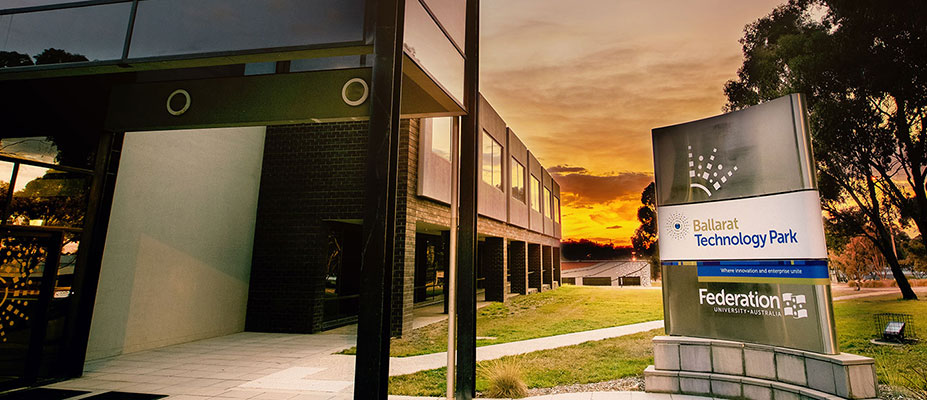

The relationship between business incubator services and the psychological capital of tenants
PhD: Alison Ollerenshaw
Supervisors: Dr Angela Murphy, Prof Helen Thompson and Prof Suzanne McLaren
Thesis: The relationship between business incubator services and the psychological capital of tenants ![]()
Year commenced: 2016
Year completed: 2019
Overview
Business incubators (BI) provide a supportive environment for new tenant businesses to grow to independence. Incubators offer characteristic services including (a) space, physical resources, and infrastructure; (b) business support services, (c) networking; and, (d) structured selection, entry, and exit. Despite the global growth in incubator facilities, complemented by extensive research, knowledge gaps remain about the incubator tenant and their positive psychological states. There is a dearth of research examining the relationship between the characteristic services at incubators and tenants’ psychological capital; a higher-order construct representing an individual’s positive psychological state of development that includes hope, efficacy, resilience, and optimism. Preliminary examination of the characteristic services at business incubators show analogies with interventions for developing psychological capital.
Two research studies were conducted to examine the existence of a relationship between the four characteristic services at business incubators and tenants’ psychological capital, their hope, efficacy, resilience, and optimism. Survey data from tenants (n = 30) confirmed the existence of a relationship between three incubator services – space, physical resources, and infrastructure, business support services, and networking – and tenants’ psychological capital. The narrative experience of tenants, captured through interviews (n = 12), confirmed that these same services support tenants' hope, efficacy, resilience, and optimism. Data from surveys (n = 75) and interviews (n = 28) with incubator managers also confirmed that space, physical resources, and infrastructure, business support services, and networking were analogous with methods that support tenants’ hope, efficacy, resilience, and optimism.
This research provides robust evidence that three characteristic services at incubators are associated with tenants’ psychological capital, hope, efficacy, resilience, and optimism. The implications for the incubator industry are wide-ranging and highlight the importance of the characteristic services on tenants’ positive psychological development and of the integral role of incubator staff in the provision of these services.
Alison Ollerenshaw was supported by an Australian Government Research Training Program (RTP) Stipend and RTP Fee-Offset Scholarship through Federation University Australia. Additional funding to support this research was provided by CeRDI, Melton City Council and the Western Business Accelerator and Centre for Excellence.
-
RESOURCES

